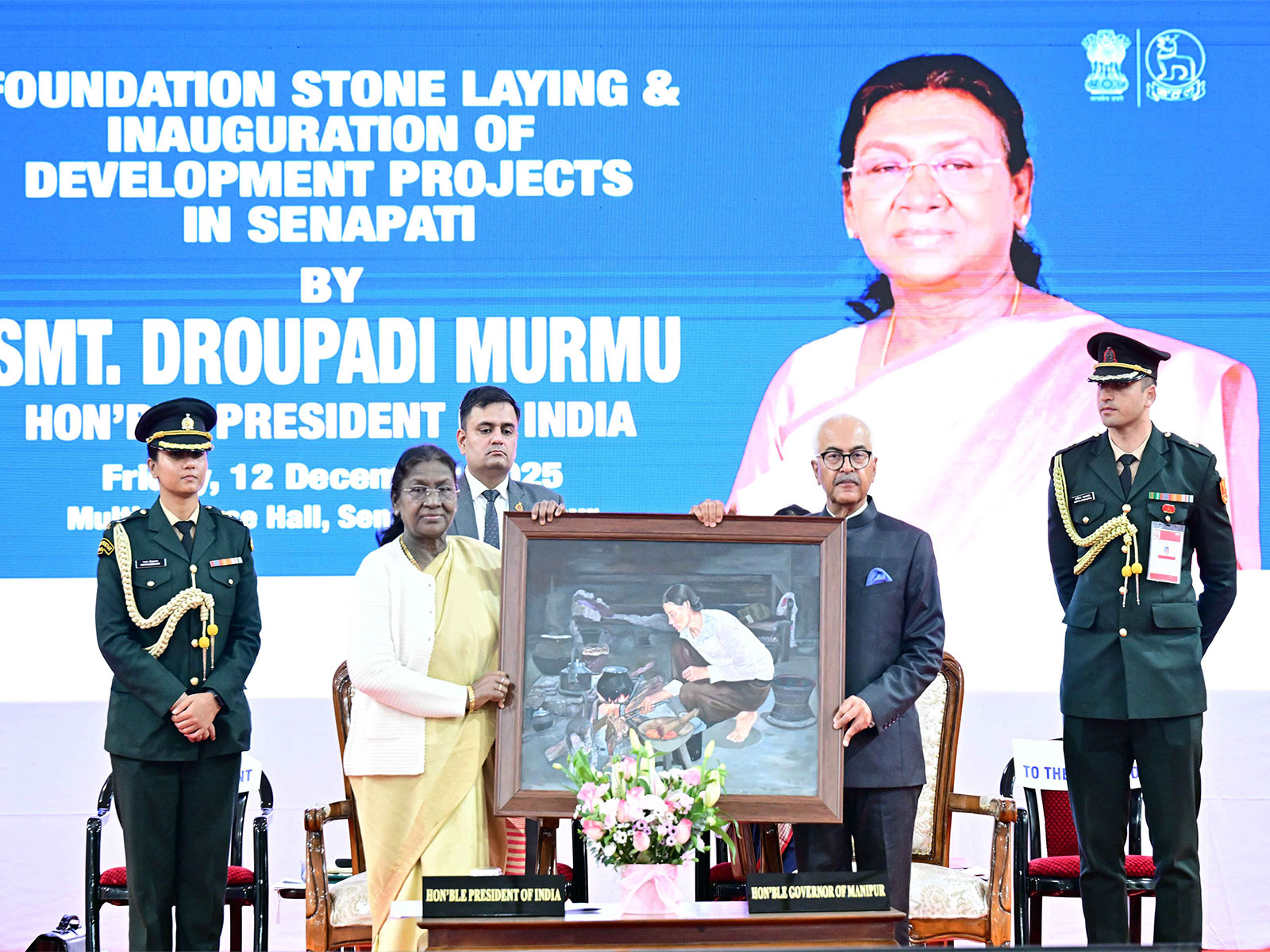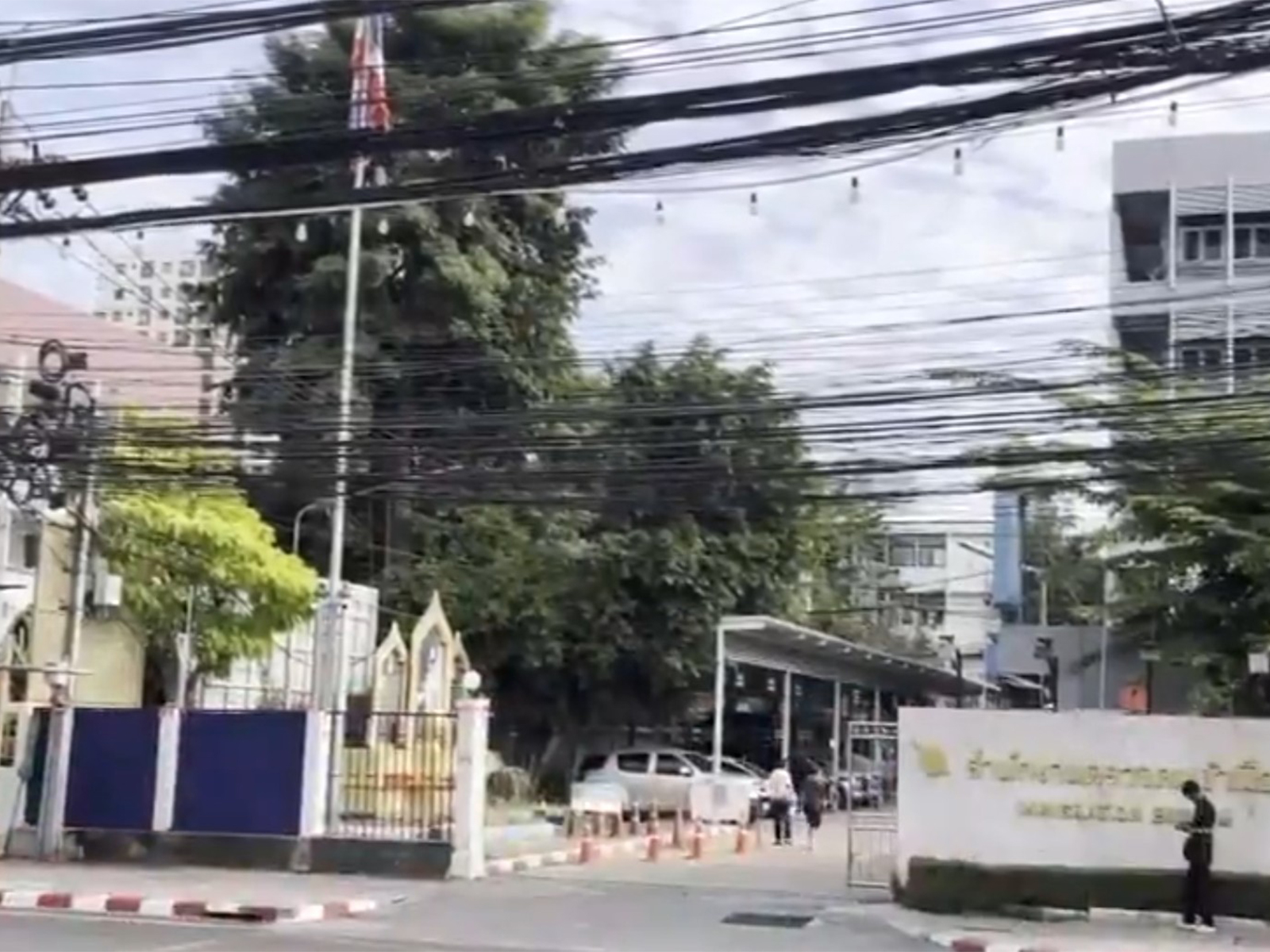Hope this positive trend continues: PM credits Gujarat's people for record increase in Asiatic Lion population
Jun 10, 2020

New Delhi [India], June 10 : Prime Minister Narendra Modi on Wednesday lauded the people of Gujarat for a record increase in the growth rate of Asiatic Lion in the state, stating that emphasis on technology, wildlife healthcare and proper habitat management led to the surge.
"Two very good news: Population of the majestic Asiatic Lion, living in Gujarat's Gir Forest, is up by almost 29 per cent. Geographically, the distribution area is up by 36 per cent. Kudos to the people of Gujarat, and all those whose efforts have led to this excellent feat," Modi said in a tweet.
The Prime Minister said that the lion population in Gujarat has been seeing a steady rise due to community participation and hoped that such a positive trend continues.
"Over the last several years, the Lion population in Gujarat has been steadily rising. This is powered by community participation, emphasis on technology, wildlife healthcare, proper habitat management and steps to minimise human-lion conflict. Hope this positive trend continues!" he said.
Earlier today, Gujarat Chief Wildlife Warden had announced a record 28.87 per cent increase in the growth rate of in the population of Asiatic Lions, taking the tally from 523 to 674.
The Chief Warden said that population estimation of Asiatic Lions is conducted at an interval of five years.
"The last population estimation exercise was conducted in May 2015 which pegged the lion numbers at 523, a 27 per cent increase from the estimation of 2010. The population of Asiatic Lions has thus shown a steady increase with a population of 674 individuals with an increase rate of 28.87 per cent (one of the highest growth rate so far) from the previous growth of 27 per cent during 2015 (523 lions)," he said.
The press note said multiple strategies have been implemented in the Asiatic Lion landscape that has contributed to the current conservation success.
It said multiple strategies and interventions include people's participation, use of modern technology, wildlife health care, habitat management, increase in prey base and human-lion conflict mitigation.
The department said it remains committed to the long-term conservation of Asiatic Lions.

















